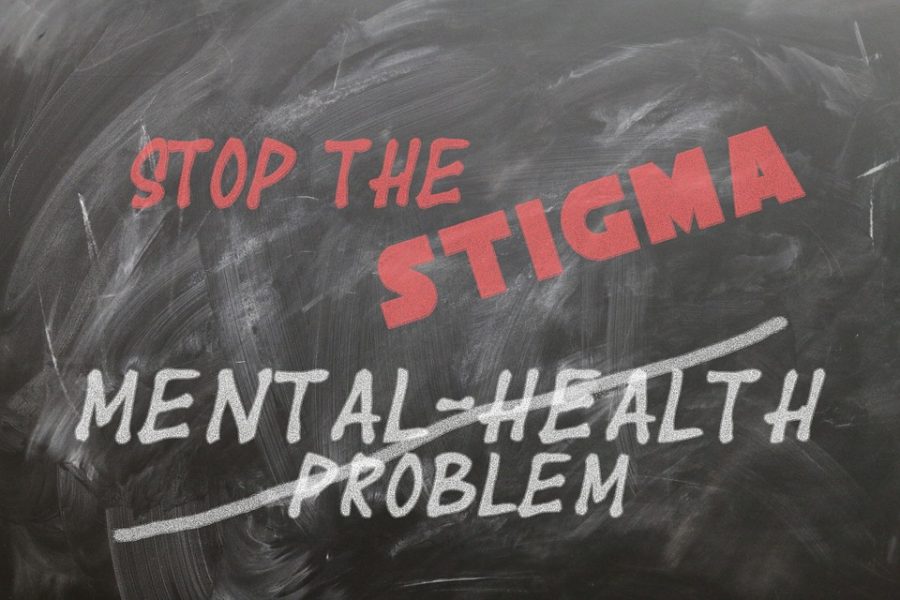Combatting Mental Health Stigma
February 10, 2017
I was a freshman in high school when my depression started. I kept it to myself and tried alone to make it through each day. It would be another two years before I had any professional help in dealing with my depression. In that two year span, I developed anxiety and insomnia to compound my depression, but I still did nothing about it.
I grew up hearing I shouldn’t feel sorry for myself and that I had to keep going no matter what. I took that to mean that if I was struggling with dark feelings that it was my job to fix them: alone. Those two years when I was fighting my mental health alone were awful and are some of the darkest years of my life.
I was a junior in high school before I started to come out of my depression. With the help of family and professionals, I resurfaced, made it out of high school and then on to college.
Looking back I always kick myself. Why didn’t I seek help sooner? Why did I hide my issues for two years? The reason it turns out, is a pretty dumb one: pride. I thought that if I sought help then that meant I was weak. I felt like if I couldn’t handle this alone then I had failed. I didn’t want people to think of me that way.
There has always been a stigma around mental health. It is something people would rather not talk about. It’s true that it isn’t a fun topic but it shouldn’t be swept under the rug. The social stigma surrounding mental health prevents people from seeking the help they need. People who are dealing with a mental health issue need to not be afraid to ask for help. Don’t let pride stand in the way because even one day spent depressed is worse than swallowing your ego and finding the help you need.
What does help look like though and how do I find help? A broken leg is treated by a medical doctor, but what about mental health issues?
The idea of typing “therapy” into Google might be a little weird or even scary. Thankfully, deciding to get help is often the hardest part of getting better. Often there are resources nearby, a fact especially true at the University of Utah. There is a place right here on campus where students can get the help they need.
The University of Utah Counseling Center is inside the Student Services Building, just below the Union. You can call (801-581-6826) or schedule an appointment in the office. There is a chance you could be seen the same day if the staff have an opening.
First, get the image of lying on a leather couch out of your head. These professionals don’t conform to the clichéd ideas we generally have about seeking help. They are here to help you and to show you that help can come in a lot of different forms. The first appointment is to determine what kind of help you need. Sometimes that means seeing a counselor every few months or learning self-help strategies you can integrate into your daily life. Other times they will refer you to another clinic better suited for your needs. No matter what, there is someone who can help and the Counseling Center will make sure that you get what help you need.
When struggling with a mental health issue, whether it is depression, anxiety, stress or anything else, nothing should stand in the way of getting help. Trying to push through alone is not worth it when there are many amazing resources easily available.







